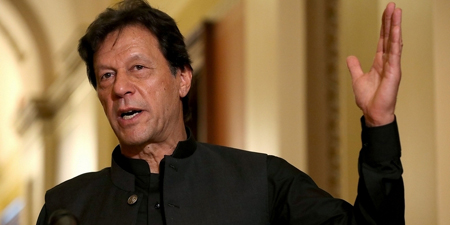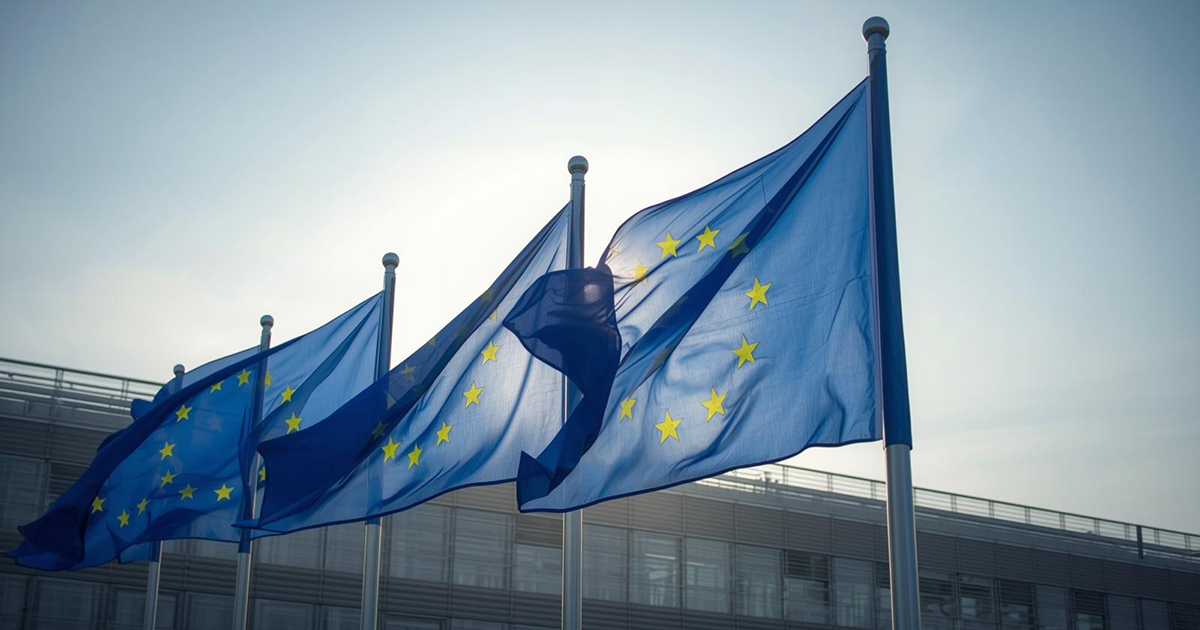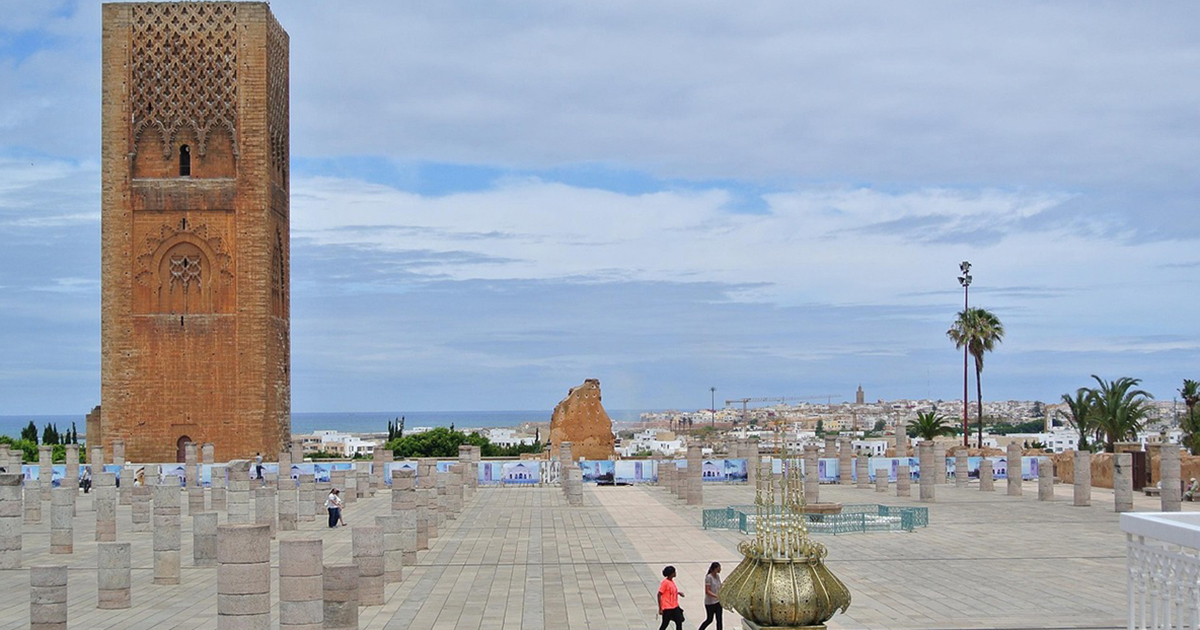RSF writes to Imran Khan over press freedom violations
JournalismPakistan.com | Published 6 years ago
Join our WhatsApp channel
ISLAMABAD — Reporters Without Borders (RSF) has written an open letter to Prime Minister Imran Khan calling for recognizing the alarming decline in the state of press freedom in Pakistan and to take urgent measures to address this.
Here is the full text of the letter:
Prime Minister Imran Khan
Office of the Prime Minister
Constitution Avenue
Islamabad, Pakistan
Paris, 31 July 2019
Dear Prime Minister Khan,
When asked, during an official visit to the United States last week, about recent press freedom violations in your country, you replied: “Pakistan has one of the freest presses in the world (...) To say there are curbs on the Pakistan press is a joke.”
There is nothing funny about this “joke” for journalists in your country. You claim that the Pakistani press is one of the freest in the world. “The Pakistani media is even freer than the British media,” you added at another point during your visit.
It is clear that either you are very poorly informed, in which case you should urgently replace the people around you, or you are knowingly concealing the facts, which is very serious, given your responsibilities.
Just a few hours after you landed in the United States, the leading Pakistani TV news channel, Geo News, was censored yet again. Your fellow citizens found a blank screen when they tried to obtain independent, public interest reporting about your trip from this channel.
A month ago, a live Geo News interview with former President Asif Ali Zardari by the well-known journalist Hamid Mir was cut short after just a few minutes without any explanation. When contacted by RSF, the interviewer blamed you for this sudden and completely arbitrary act of censorship.
The signals of three other Pakistani TV news channels, AbbTakk TV, 24 News and Capital TV, were suddenly suspended from cable TV services on 8 July without any warning to their management, and remained suspended for several days. Najam Sethi, a well-known journalist who often works with 24 News, confirmed to RSF that the suspension was a reprisal for their coverage of a press conference by Maryam Nawaz Sharif, another opposition figure.
These brazen cases of censorship, which seriously threaten journalistic independence and pluralism, are characteristic of non-democratic regimes. You won the general elections a year ago by repeating the slogans “Tabdeeli!” (Change) and “Naya Pakistan!” (a “New Pakistan”) during the campaign.
It is nonetheless clear that, as far as press freedom goes, the change has been for the worse. Ranked 142nd out of 180 countries in RSF’s 2019 World Press Freedom Index, your country has fallen three places in the past year. And the events of recent months offer no grounds for optimism about the “new Pakistan.”
Ali Sher Rajpar, the president of the press club in Padidan, in southeastern Sindh province, was fatally shot five times at point blank range on 4 May, shortly after unsuccessfully requesting police protection because he had been threatened in connection with his coverage of local corruption.
Just four days before that, after another Pakistani journalist, Malik Amanullah Khan, was gunned down in the Parowa area of Dera Ismail Khan district, in northwestern Khyber Pakhtunkhwa province. He too was the president of the local press club.
Muhammad Bilal Khan, a journalist and blogger whose YouTube channel had more than 50,000 followers, was hacked to death in an Islamabad suburb in June. One of his latest videos was about one of your speeches and, in one of his last tweets, he criticized your intelligence agency, Inter-Services Intelligence (ISI). The police have made no arrests in any of these three cases.
When not targeted physically, journalists who cross certain red lines are subjected to judicial harassment. They include Shahzeb Jillani, an investigative journalist who was charged with “cyber-terrorism” in April in connection with a tweet referring to an ISI officer.
Even the prestigious daily Dawn – founded in 1941 by Muhammad Ali Jinnah, the father of the Pakistani nation, as part of the fight against British colonialism – is being subjected to harsh economic harassment. Your government has denied it any income from state advertising since 24 April. According to RSF’s sources, this arbitrary decision was a reprisal for an article published the previous day about a press conference you gave in Tehran in which you recognized that Pakistan-based militants had been involved in attacks inside Iran. In other words, your government does not tolerate your country’s media repeating what you say while abroad.
In the light of this recent surge in press freedom violations, of which this list is not exhaustive, you will appreciate that to talk of “one of the freest presses in the world” is clearly tantamount to an obscenity.
We therefore urge your government to allow Pakistan’s journalists to exercise their profession in complete safety and with complete independence, as envisaged in article 19 of the 1973 constitution.
The credibility of the Pakistani state and democracy is at stake.
Sincerely,
Christophe Deloire
Secretary-General
(By RSF/Photo: AFP)

























